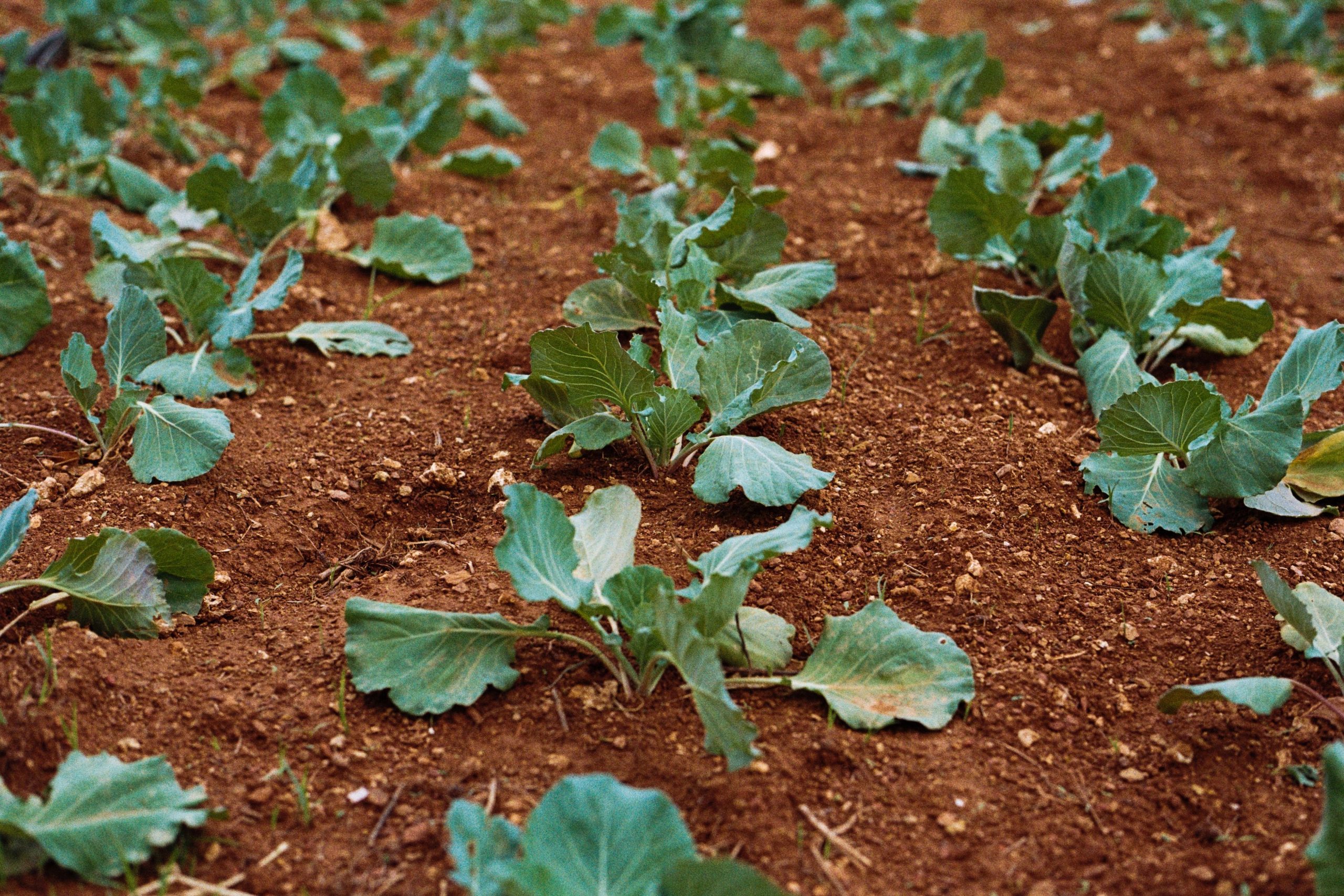The Covid-19 pandemic has been a desperate time for many, and the lockdowns seems to have been interminable. However, it has also been a period which has allowed a significant number of us to reflect on what is important. People have retired early, reassessed their work life balance, volunteered, changed careers, become self-employed and even looked at changing the way they live, like getting back to nature. For instance, for those who were lucky enough they were able to take up gardening including growing their own food.
Over the past 12 months allotments and garden plots have seen a renaissance, with people wanting to get back to the ‘Good Life.’
In a study featured in the Journal of Sustainability, researchers at Sheffield University asked 163 allotment holders to keep diaries and have calculated that on average 24 minutes of work is required to produce a kilogram of food. An interesting fact when you consider the amount of time and energy we put into our weekly shops. Another interesting point is that despite the rising demand for allotments, even pre-pandemic we, as a nation, have lost around 65% of the available plots, which would have been capable of producing about 2,500 tonnes of food. The waiting lists have grown inexorably and even more so now.
So, what are the attractions and benefits of allotments? Well firstly, they are environmentally friendly, especially where we are using low levels of nitrogen fertilizer. Food miles are less, gardens are a carbon ‘sink’ and are a haven for bees and other pollinators. Then there are the physical benefits, in the Sheffield University study, it was found that gardeners made an average of 87 visits to their allotment sanctuaries each year.
It’s also great for your mental wellbeing. On the National Allotment Society’s website, they say “There is a growing awareness of the role that gardening plays in both preventing and alleviating mental ill-health. Many allotment gardeners will tell you that a spell on the plot nurturing plants and contemplating nature makes them feel calmer and more hopeful and there have been recent studies that have measured this benefit.” From our perspective they’re certainly a great way to meet and socialise with people (socially distanced of course), and there is the inter-generational potential. I remember growing up and helping my grandfather on his allotment, getting to understand the seasons and how to grow things like potatoes, peas, tomatoes, rhubarb, gooseberries (by the way where do you see gooseberries today – they are delicious), blackcurrants and the list goes on.
Not only are there the mental health benefits but its also good for your physical health to. It
helps with core strength, maintaining muscle bulk, supports stretching and is excellent for maintaining overall strength, posture and balance. Being out in the sunshine helps keep up your vitamin D levels. That said sunblock needs to be slathered, you don’t want to burn, and everyone needs to take care to prevent skin cancer. Furthermore, you are in more of a control over what goes into growing your food, whilst you can grow organically there may, if you want to use chemicals, be rules on what you cannot use.
From an overall health perspective, the research is clear, according to the Allotment Society “a study in the Netherlands showed that every 10 per cent increase in exposure to green space translated into an improvement in health equivalent to being five years younger, with similar benefits found by studies in Canada and Japan.”
Then there is your financial health, allotments can supplement your weekly shop and save you money to boot, not just on the cost of the shop but the travelling to and fro.
Finally, gardening can imbue you with a sense of achievement; again I remember planting peas and then picking them and sitting with my grandmother helping to shell them, not to mention enjoying the sneaky mouthful of freshly podded peas. But I think the real sense of what it means is best summed again by the National Allotment society who say “ as many new plot-holders discover, growing vegetables requires acquiring new knowledge and skills and the satisfaction gained from eating their first home grown tomato or new potato makes them taste even more delicious!” So ‘boldies,’ go on apply now and get on the list for a plot.
**Boldie Thanks:**
Thanks to Jens Johnsson for the photograph found on Unsplash
